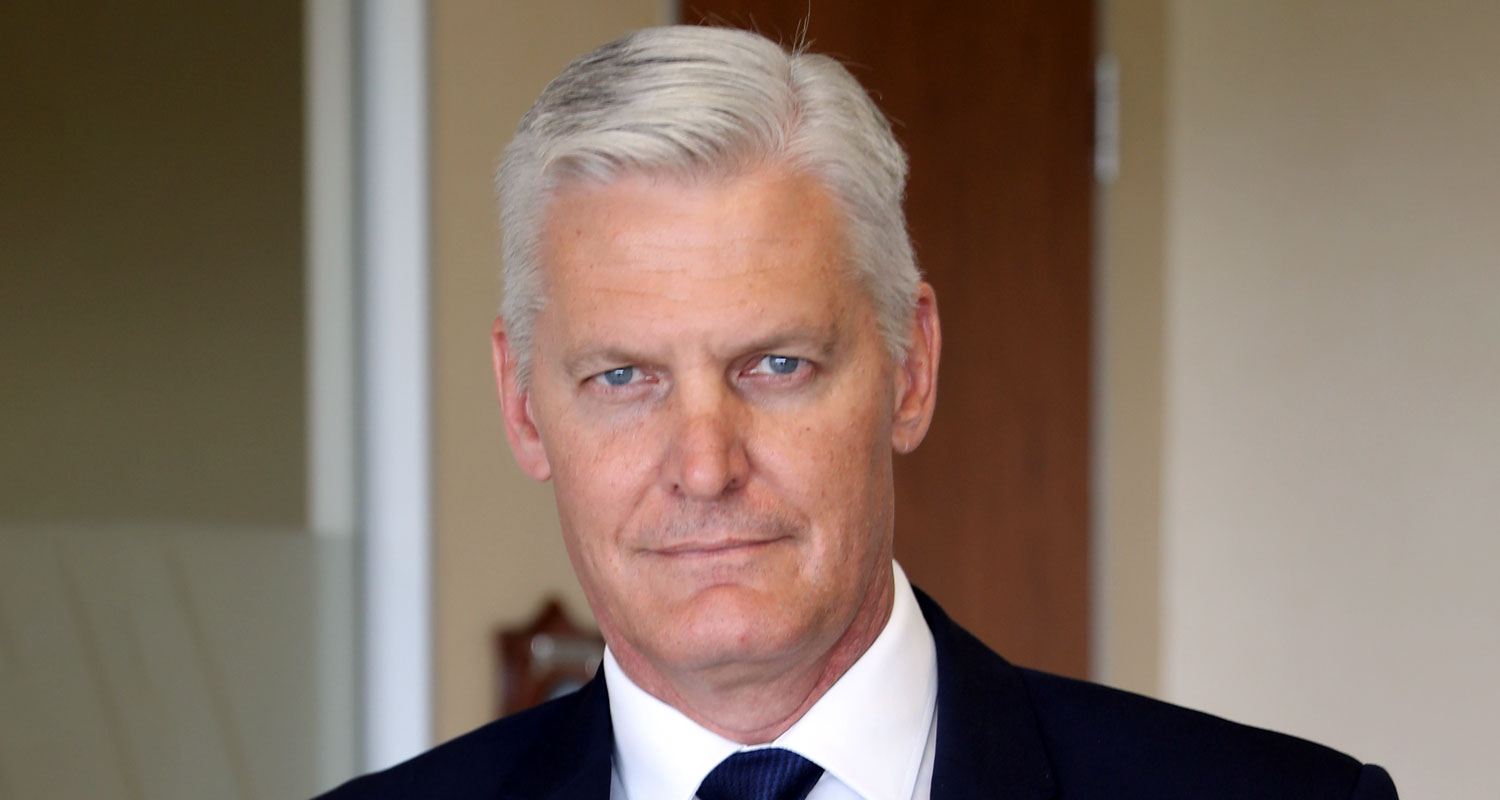
Eskom CEO André de Ruyter has pushed for greater urgency from government in creating a policy environment that encourages the rapid adoption of electric vehicles in South Africa – and this, he said, means cutting taxes on EV imports.
Speaking during an event on online platform Waitroom hosted by radio journalist-turned-businessman Kieno Kammies, De Ruyter criticised the fact that EV imports are more heavily taxed in South Africa than vehicles with internal combustion engines.
The higher import duties have become a major bugbear for South Africa’s motoring industry, with senior executives warning that the failure by government to level the playing field between EVs and fossil fuel-powered vehicles threatens the development of the local industry.
South Africa is the only major market worldwide that levies higher import taxes on electric vehicles than on polluting petrol- and diesel-power cars, a fact that needs to change urgently, Mercedes-Benz co-CEO Mark Raine said in a recent interview with TechCentral. Ford Africa president Neale Hill last month warned that the South African government must deliver policy certainty on electric vehicles within six months if it is to save the local automotive industry.
In Friday’s Waitroom session with journalists and members of the public – Waitroom is an online platform founded by South African expat Vinny Lingham – De Ruyter expressed frustration at the high cost of EVs in South Africa, including EVs for commercial use.
“Normally you implement a tariff because there is a local industry to protect, but no EVs are manufactured at scale in South Africa,” the Eskom CEO said in response to a question. “If you want to seed the market, you need to open it up and you need to enable people to buy [at affordable prices].”
De Ruyter said South Africa’s vehicle manufacturing industry urgently needs to make the transition to building EVs to stay relevant. In many markets, including Europe, governments have announced aggressive plans to end the sale of fossil fuel-based vehicles, and this poses a big risk to South African vehicle exports and jobs.
‘Sense of urgency’
Eskom would like to convert a large portion of its commercial vehicle fleet to EVs, but has not done so because the costs are prohibitively high compared to petrol- and diesel-powered vehicles, De Ruyter said.
“We need to have a sense of urgency if we want to [make the] transition to EVs. If we can get competitively priced EVs out there, Eskom wants to be the first [to buy them].”
Asked by TechCentral whether a large-scale shift to EVs makes sense in South Africa given the electricity generation shortfall that has led to widespread load shedding, De Ruyter said demand will drive private sector-led investment in new generation capacity. The grid needs to be opened up to allow investors to take risk in building new generating capacity to serve this demand.
Read: Ford warns government inaction on EVs could cost SA dearly
De Ruyter said he would personally “love to buy an EV” but said they are still too expensive and niche. – © 2022 NewsCentral Media




